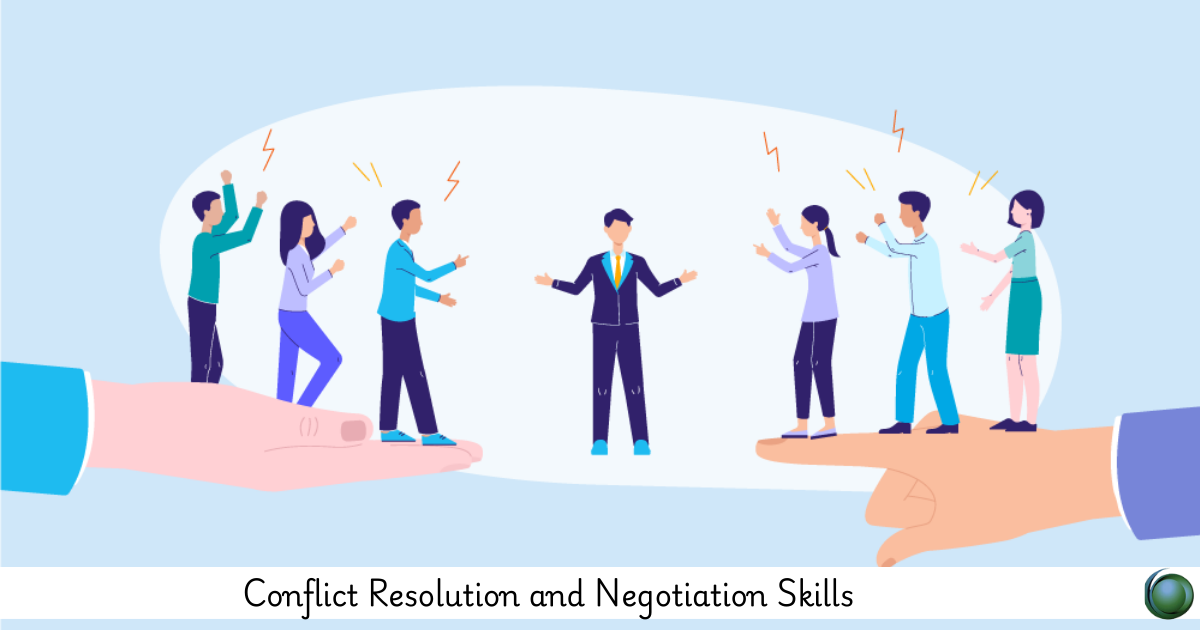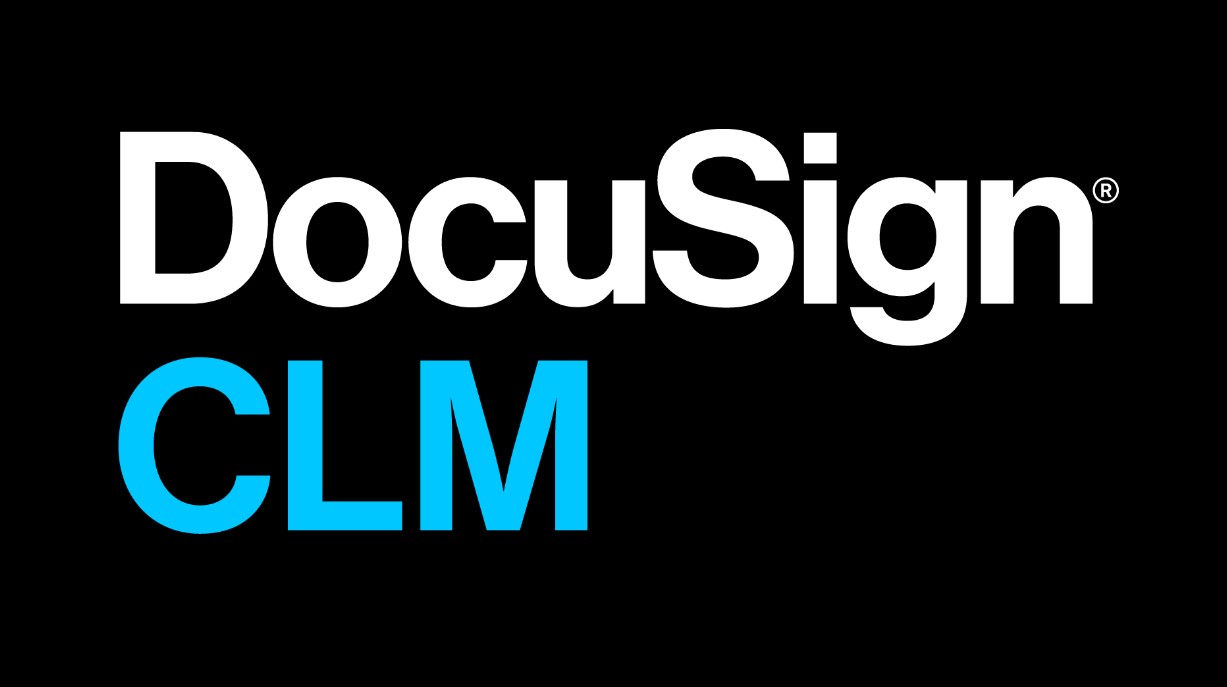Description
Introduction
Conflict is a natural part of human interaction—what matters is how we handle it. Conflict Resolution and Negotiation Skills empowers participants to approach conflict constructively, maintain professional relationships, and negotiate win-win outcomes. This course equips professionals with strategies to manage tension, foster collaboration, and influence positive results.
Prerequisites
-
Basic interpersonal communication experience
-
Openness to self-reflection and feedback
-
Interest in improving conflict-handling and negotiation abilities
-
No prior formal training in conflict resolution needed
Table of Contents
1. Understanding Conflict in the Workplace
1.1 Defining Conflict: Types and Causes
1.2 The Impact of Unresolved Conflict on Teams and Organizations
1.3 Healthy vs. Unhealthy Conflict
1.4 Conflict as a Catalyst for Innovation and Change
2. Self-Awareness and Emotional Intelligence in Conflict
2.1 Identifying Personal Conflict Triggers
2.2 Emotional Regulation in High-Stress Situations
2.3 Recognizing and Managing Biases
2.4 Using Empathy to Understand Others’ Perspectives
3. Conflict Resolution Styles
3.1 The Thomas-Kilmann Conflict Mode Instrument (TKI)
3.2 Competing, Avoiding, Accommodating, Collaborating, and Compromising
3.3 When to Use Each Style Strategically
3.4 Flexibility and Adaptability in Conflict Resolution
4. Communication Strategies for Conflict Resolution
4.1 Active Listening and Reflective Responses
4.2 Assertive vs. Aggressive Communication
4.3 Asking Clarifying Questions
4.4 De-Escalating Emotionally Charged Conversations
5. Mediation and Facilitated Conversations
5.1 Acting as a Neutral Third Party
5.2 Structuring and Guiding Mediation Discussions
5.3 Encouraging Mutual Understanding and Respect
5.4 Creating Agreements and Follow-Up Plans
6. Negotiation Fundamentals
6.1 What is Negotiation and Why It Matters
6.2 The Difference Between Distributive and Integrative Negotiation
6.3 Common Negotiation Pitfalls
6.4 Building a Negotiation Mindset
7. The Negotiation Process
7.1 Preparation: Interests, Objectives, and BATNA
7.2 Opening the Dialogue with Confidence
7.3 Exploring Options and Generating Solutions
7.4 Closing the Deal and Following Through
8. Collaborative Negotiation Techniques
8.1 Creating Win-Win Solutions
8.2 Building Trust and Shared Value
8.3 Managing Power Dynamics and Cultural Sensitivities
8.4 Balancing Assertiveness and Cooperation
9. Conflict and Negotiation in Teams and Leadership
9.1 Resolving Team Disputes Constructively
9.2 Leading Through Conflict
9.3 Negotiating Across Departments and Hierarchies
9.4 Conflict Prevention Through Proactive Communication
10. Building a Conflict-Resilient Culture
10.1 Fostering Psychological Safety
10.2 Encouraging Feedback and Open Dialogue
10.3 Establishing Conflict Resolution Protocols
10.4 Sustaining Long-Term Collaborative Relationships
Conflict is inevitable—but with the right tools, it can be a force for progress. This course helps you resolve disputes respectfully and negotiate outcomes that benefit all parties. By mastering conflict resolution and negotiation, you enhance team harmony, decision-making, and leadership influence.







Reviews
There are no reviews yet.